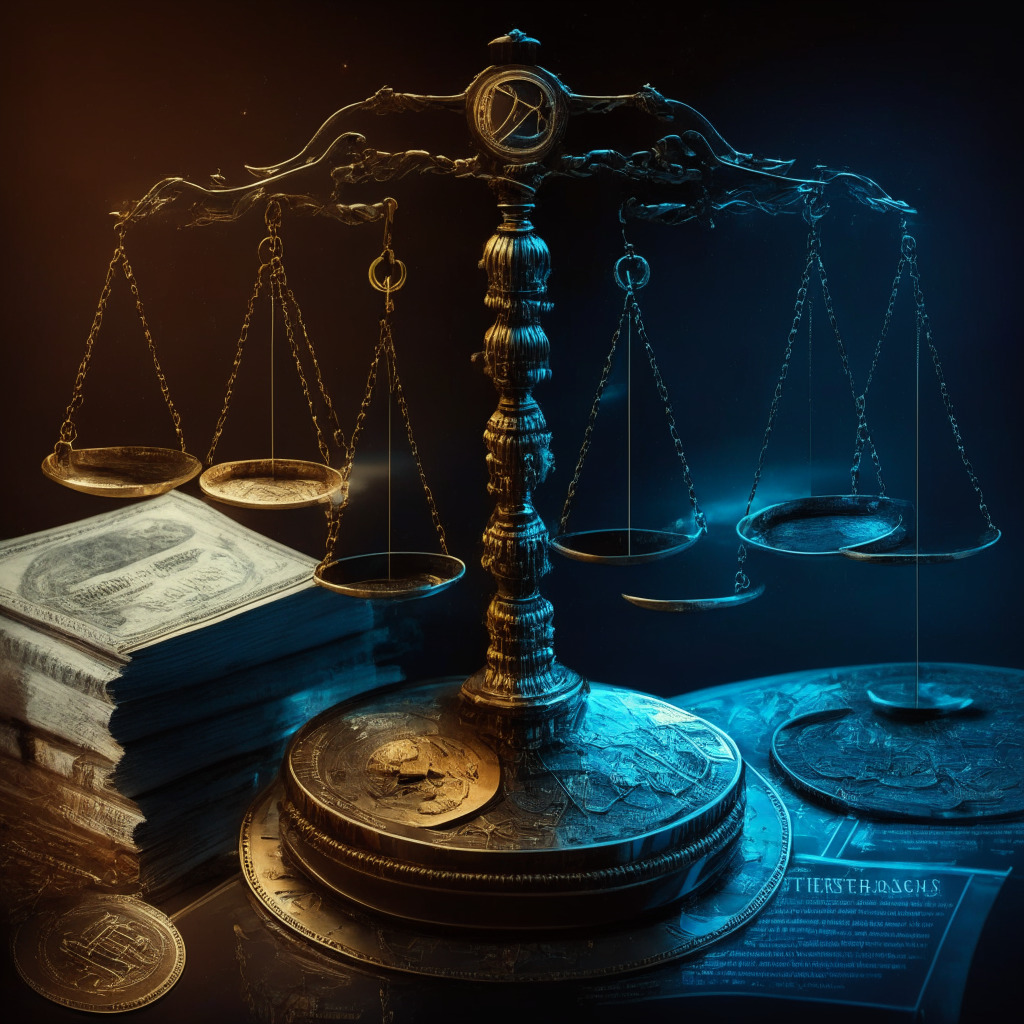US lawmakers have recently floated the idea of cryptocurrency regulation through a self-regulatory organization (SRO), which would place both the Securities and Exchange Commission (SEC) and the Commodity Futures Trading Commission (CFTC) in charge. Former CFTC Chair Timothy Massad suggested that a system forcing the two agencies to collaborate through an SRO, funded by the industry itself, could be a viable solution.
Existing SROs, such as the Municipal Securities Rulemaking Board and the Financial Industry Regulatory Authority, are supervised by federal agencies like the SEC and Congress. Massad believes that neither the SEC nor the CFTC can handle the crypto market by themselves due to insufficient investor protection.
Michael Blaugrund, Chief Operating Officer at the New York Stock Exchange, supports finding a common path forward in the industry. He stated that this approach could alleviate the debate over whether a token is considered a security or a commodity, which has been a point of contention for some time.
While there are proponents for the establishment of an SRO, there are also those who express concerns about this approach. Matthew Kulkin, Partner at Wilmer Cutler Pickering Hale and Dorr LLP, is hesitant due to the possible length of time needed for the creation of a new SRO. Kulkin is instead favoring an incremental process to regulation, rather than reinventing the wheel.
In his testimony, Massad outlined that Congress could direct the SEC and CFTC to develop joint rules aimed at protecting investors, preventing fraud, and tackling manipulation, among other principles. SROs have played an important role in regulating securities and derivatives markets for decades, and there is precedent for SROs registered with both the SEC and the CFTC.
According to Massad, the costs of an SRO would be imposed on the industry via membership fees. This method would hold the industry financially accountable and ensure that proper regulation is in place to protect both market participants and investors alike.
In conclusion, the idea of a self-regulatory organization for the cryptocurrency industry does have its merits. By encouraging cooperation between regulatory agencies and involving the industry in financing the organization, it could potentially address long-standing issues, such as the categorization of tokens as securities or commodities. However, the concerns about the time required to establish an SRO and the effectiveness of this approach must also be considered, as the industry evolves at a rapid pace.
Source: Cryptonews




